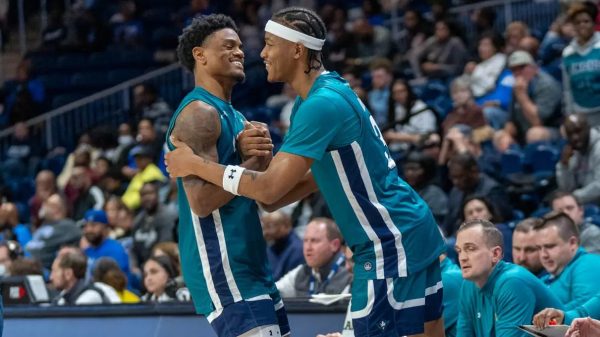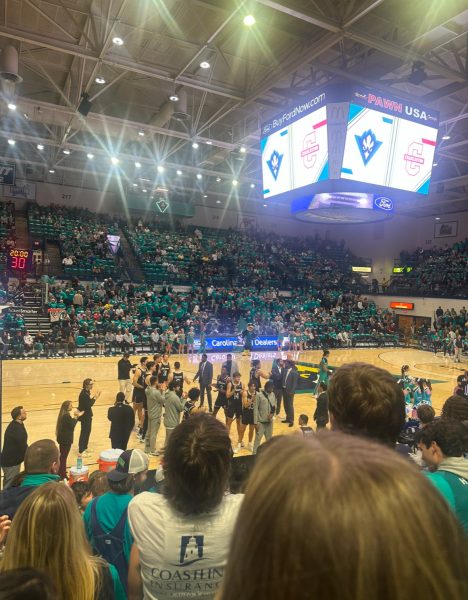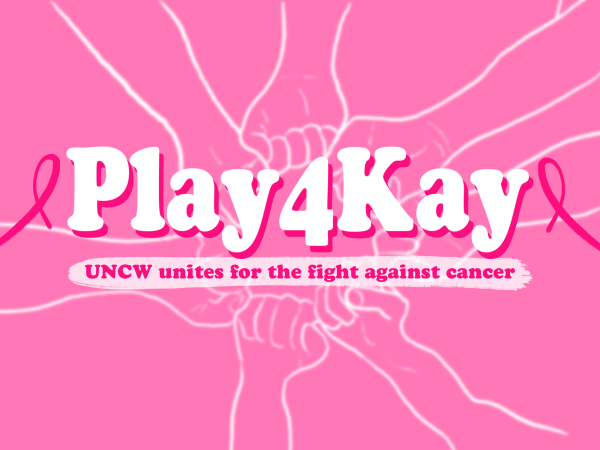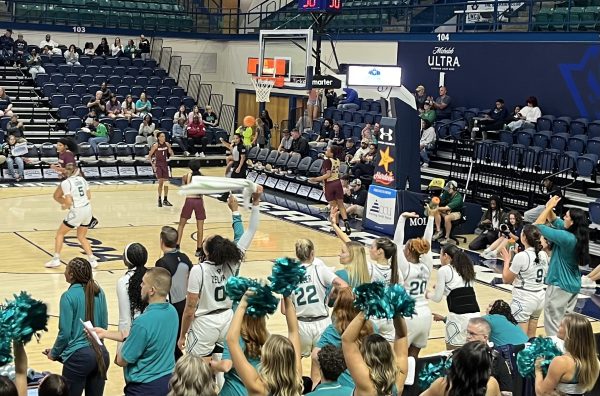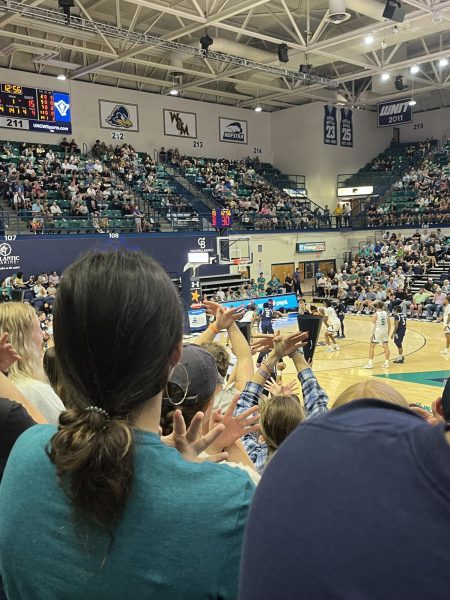Glimmer of hope for rape survivors, but still much work to be done.
Last month, the captain of Yale’s men’s basketball team, Jack Montague, was expelled for accusations of sexual assault in 2014. But while many media outlets harped on the destruction this outcome would have on the team and their season, little was said about the actual severity of the issue.
According to the National Coalition Against Violent Athletes, a three year study showed that while male student athletes comprise 3.3 percent of the population, they represent 19 percent of sexual assault perpetrators and 35 percent of domestic violence perpetrators.
What’s worse is that across the board, 68 percent of rapes are not reported to police and 98 percent of rapists don’t spend a day in jail, according to the Rape Abuse & Incest National Network.
But why is sexual assault, by the numbers, perpetrated over six times as much by athletes?
The Hunting Ground, a documentary on the campus-rape epidemic, documented a case at Florida State University where a female student was raped by Jameis Winston, the head quarterback of the FSU football team. The police strongly warned her against filing claims, and they delayed the investigation for months even though there were ample witnesses and pieces of evidence that could have been collected.
The media and fellow students pitied Winston, and verbally attacked the survivor for dragging Winston’s name, and consequently the team and the school’s name, through the mud.
This is not so different from what is occurring with Yale’s team; the media is choosing to focus on the effect the departure of the team’s captain and the sexual assault scandal will have on the team’s outcome in the NCAA March Madness games, not on the crime itself.
Yale proved to take the matter seriously by expelling Montague for sexual misconduct.
To get an idea of what could be done to prevent sexual assaults from happening on campus, especially in athletics, Dr. Jamie Pond, an adjunct sociology and women and gender studies professor at UNC Wilmington, had much to say about plausible solutions.
“First, we need to find alternative means for motivating men and boys rather than equating them with women and sexual minorities when they are not performing at the peak of their abilities,” said Pond. “This rhetoric reinforces sexist notions about men and women while also emphasizing toxic masculinity. Toxic masculinity suggests that violence and being hyper-heterosexual are a way of proving one’s status to other men.”
Pond went on to recommend the joining of both men and women in the sport world.
“Second, we need more co-educational sports,” said Pond. “Seeing women and men as capable, athletic and honorable human beings will help reduce rates of sexual assault and/or rape. Having homogeneous groups reinforce this separate (and better) phenomenon.”
“Researchers have found evidence that homogeneous groups reinforce groupthink (an amplified belief system and/or behavior surrounding the group itself and their righteousness),” said Pond. “This is why taking classes that emphasize cultural diversity are so important in college, for example.”
Lastly, Pond went on to emphasize the importance of these issues.
“Third, we need individuals at all various positions within institutions to take these cases seriously and follow through with investigating the reports,” said Pond.
To ensure progress towards a more equitable future where men and women can feel safe at night on-campus, institutions such as universities and the media need to be sure they are putting the welfare and justice of student survivors before college athletes, revenue and reputation.



